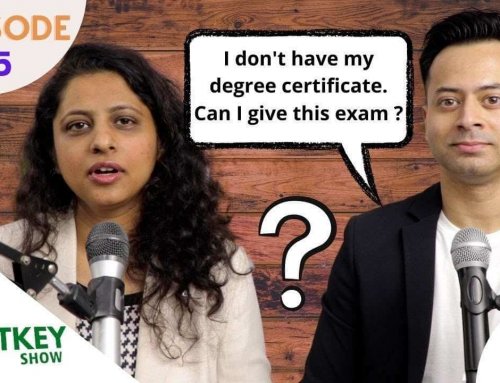Need for The Copyright Act (Amendment) Bill, 2012:
The Copyright Act (Amendment) Bill, 2012 which has been pending in Parliament for the last two years, was passed by the Lok Sabha on 22nd May ,2012 with overwhelming support from members of all parties & opposition .
Human Resources Development Minister Kapil Sibal said the new law will help poor artistes, Song writers, artistes and performers deprived of their dues so far as producers cornered all royalties .He assured that the amendments in the Copyright Act will now enable them to live a good life even in old age as they would continue to get their dues for their work .
Mr.Sibal and the Parliament agreed that it was high time to introduce provisions in Copyright Act,1957 to claim royalty for the creations by artists, song writers ,performers which have been deprived of their dues so far and to provide them much-delayed justice .
Moving the bill for passage, he gave examples of shehnai exponent Bismillah Khan & music composer Ravi to support his point that the condition of such excellent artistes was pitiable as they were not able to pay even house rent & hospital charges.
The amendments will now have to be officially notified into law by the Government of India after which the Copyright (Amendment) Bill, 2012 will have the force of law.
Amendments Brought by the Copyright Act (Amendment) Bill, 2012:
Authors as First owners of the copyright, which now cannot be assigned to producers:
Section 13 of Copyright Act 1957 states that Artists is the first owner of the artistic work he has created.
Section 17 of Copyright Act 1957 statutorily recognizes the author of the work to be the first owner of the copyright therein but with some exceptions that where the work is created in course of employment unless a contract to the contrary exists , the employer will be the owner of the copyright.
In case of Artistic work, Producer becomes the owner of the work. for eg, Producer of the film asks the singer to assign his copyrights to him unconditionally .So ,under the unamended Copyright Act, instead of the artist the producer becomes the sole owner of the copyright .The producer can now sell those rights to any Music company, or telecom company & can make huge profits while not giving due benefits to the artist/singer.
The bill, passed by Lok sabha on May 22 declares authors as owners of the copyright, where copyright can be assigned but Rights to royalty cannot be assigned.
Changes in governing rights of Copyright Societies:
Earlier only producers had a word on decisions of Copyright Society while the author of the copyright were not at all considered. Observing that producers had cornered governing rights of Copyright Societies, Mr.Kapli Sibal stated that the Act has been amended to give authors the right to govern issues related to the rights to their creations.
The minister said the amendment would now allow authors to negotiate with music companies for royalty to be paid to them for their creations.
Section 52(z)(b)-Section included for visually impaired people :
The Bill provides for exemption from copyright for any work prepared for the physically challenged in special formats such as Braille. It also permits compulsory license to be granted for a certain number of copies in non-special formats to non-profit organizations working to help disabled persons.
Included Provision for Unpublished Works:
Mr.Sibal argued that that there is no provision to get access to unpublished work for which there is no claimant. He stated that to seek amendment for unpublished work now any person can go to Copyright Board & can redeem unpublished work to a published work through a compulsory License.
Mr.Sibal seems to be sure that this amendment will now allow access to unpublished works by many readers and consumers of the country.
Provision for Cover Versions of Musical work :
The bill bans persons from bringing out cover versions of any literary, dramatic or musical work for five years from the first recording of the original creation. According to Mr. Sibal cover version should not mislead the public and thus this provision was incorporated.
Broadcasters are now subject to Statutory License:
The bill makes it mandatory for broadcasters – both radio and television – to pay royalty to the owners of the copyright each time a work of art is broadcast. The copyright board will now alone have the jurisdiction to decide the quantum of money to be paid by broadcasters to owners of musical work which includes both the producers and authors/artists of the musical work.





